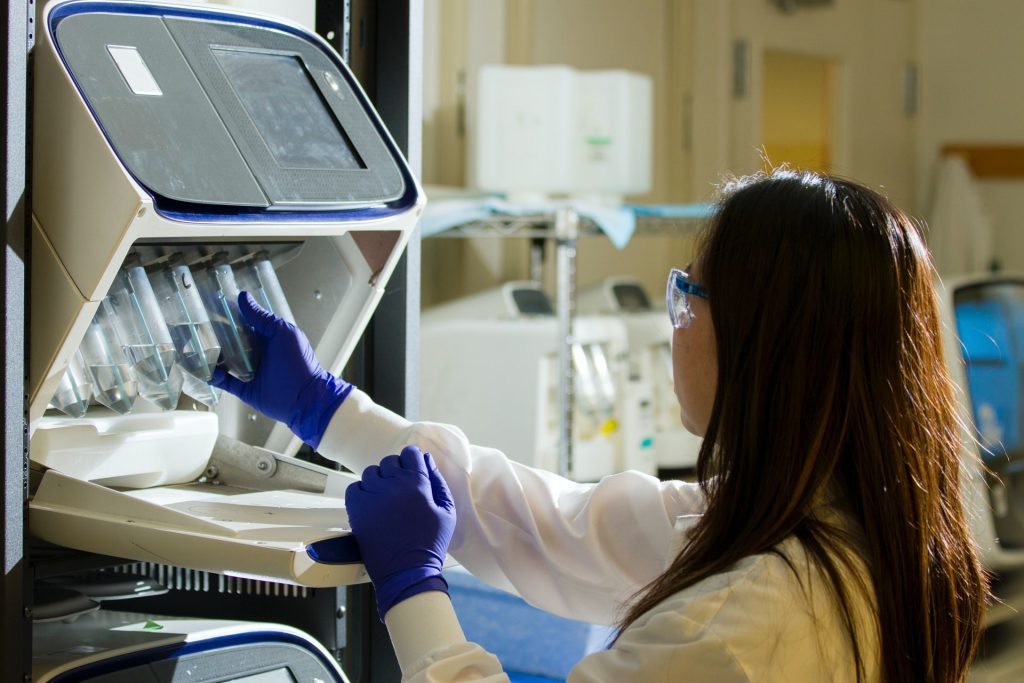
A drug screen on various cancer cell lines revealed hundreds of compounds with inhibitory effects on cancer, and one in particular, the leukaemia drug clofarabine, showed effectiveness in two specific types of bladder cancer. The study was published in the journal European Urology.
A joint study group conducted a drug screen which investigated the effects of over 1700 chemical compounds on 23 cell lines representing different stages and subtypes of bladder cancer. From this, the researchers identified more than 470 substances with inhibitory effects. These included a large number of drugs already used for cancers, but also medications for other diseases, such as malaria, parasitic diseases and various mental disorders.
One of these compounds, clofarabine, an antimetabolite drug currently used to treat childhood leukaemia, was studied in more detail. For this purpose, the researchers developed models from patient material representing different types of bladder cancer. Besides ‘conventional’ urothelial carcinoma, they were also able to establish an animal model for sarcomatoid carcinoma – a rare subtype of bladder cancer, for which there is currently no effective chemotherapy.
Describing the results, first author Iris Ertl said: “We found that clofarabine induced complete remission in mice with conventional urothelial carcinoma and massive, sustained tumour shrinkage in animals with sarcomatoid carcinoma, while not causing any apparent side effects.”
Next steps will be clinical trials in which patients with metastatic bladder cancer who cannot receive cisplatin-based therapy, will be treated with clofarabine prior to radical cystectomy. Shahrokh Shariat explains: “Our discovery was made possible by the close interdisciplinary collaboration with CeMM and the Center of Cancer Research. We very much look forward to continuing to work with our partners to incorporate our findings into clinical practice.”
Source: Medical University of Vienna

